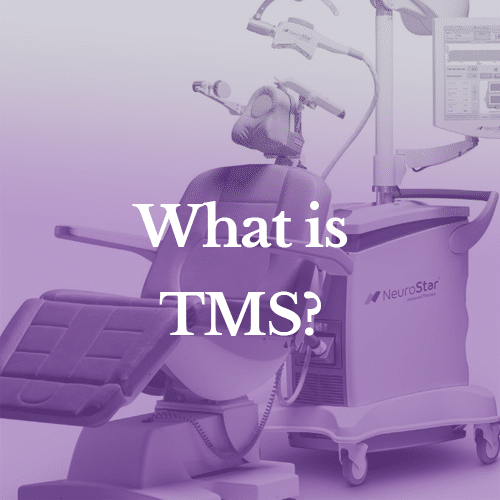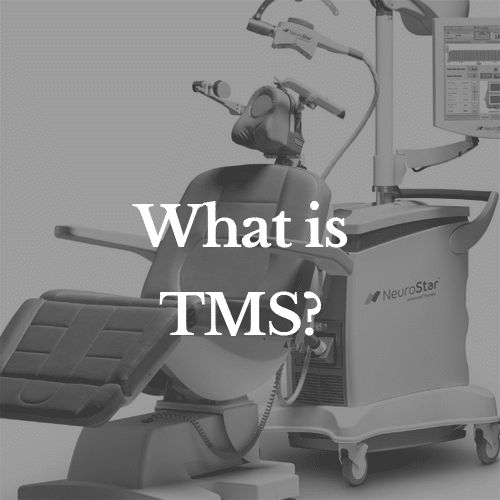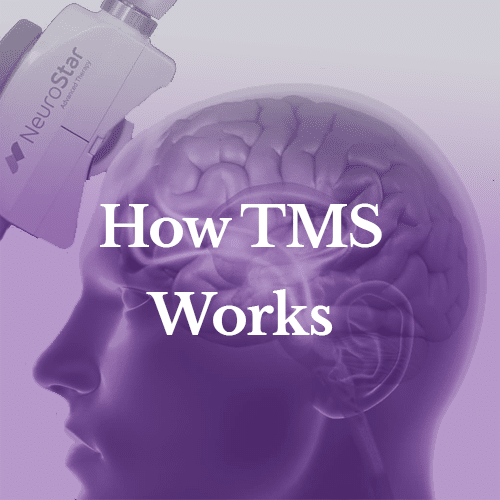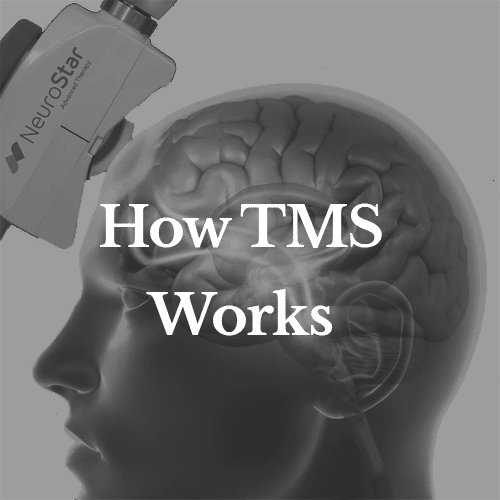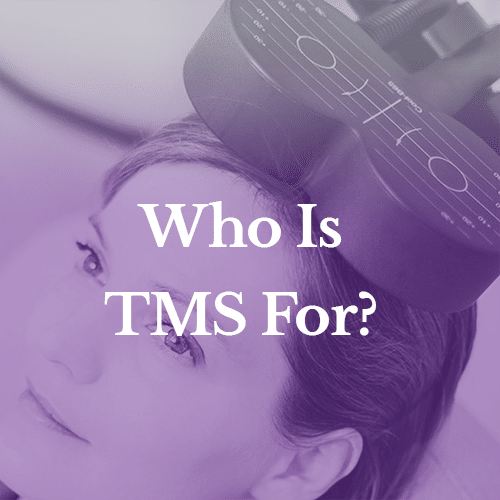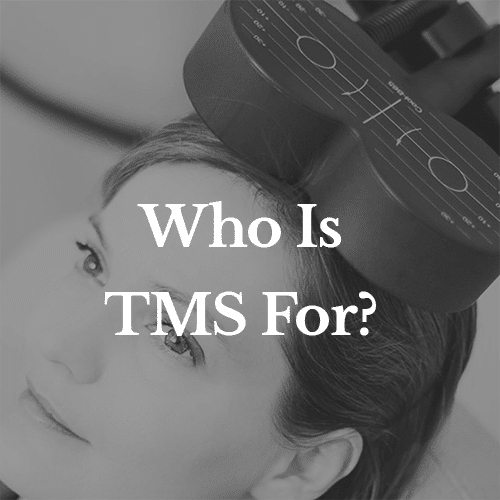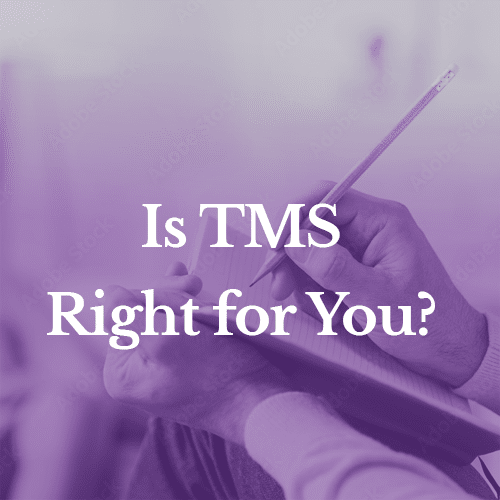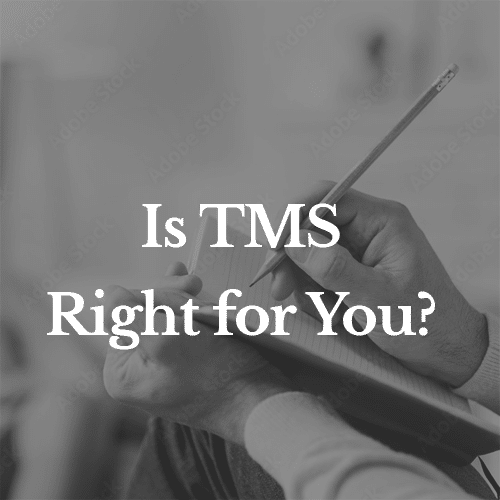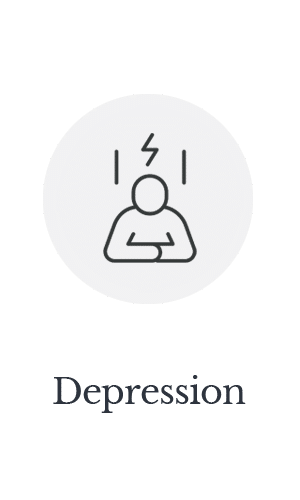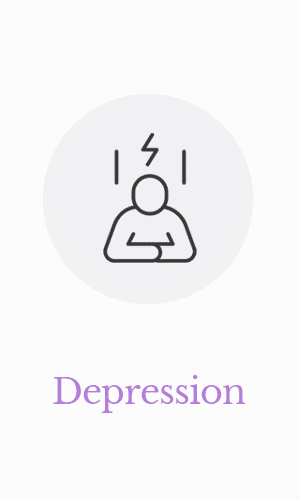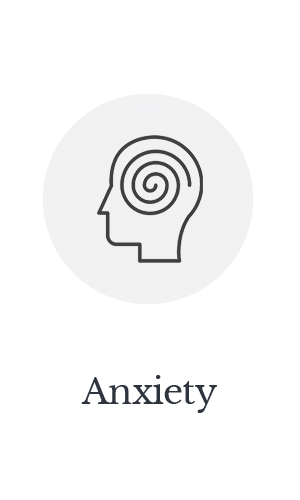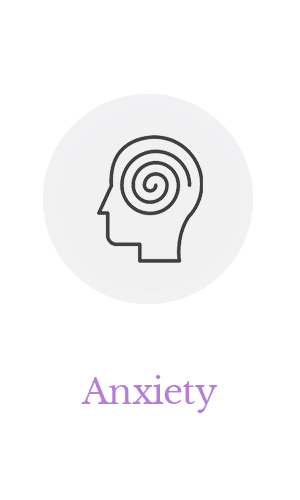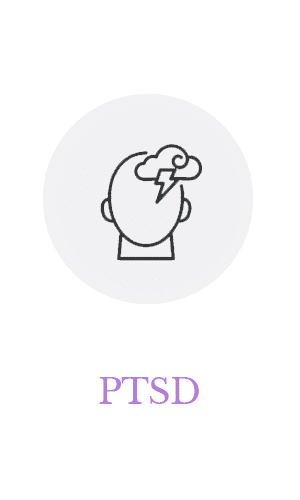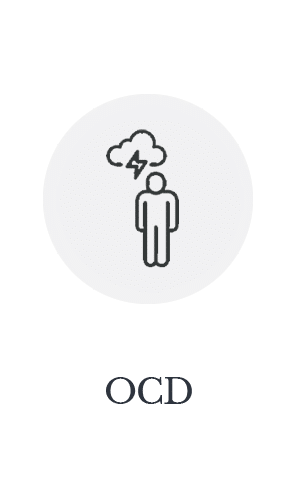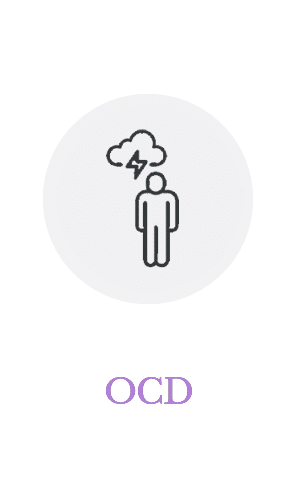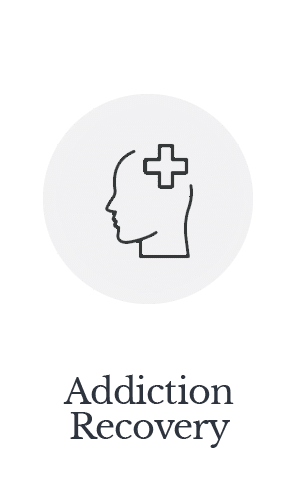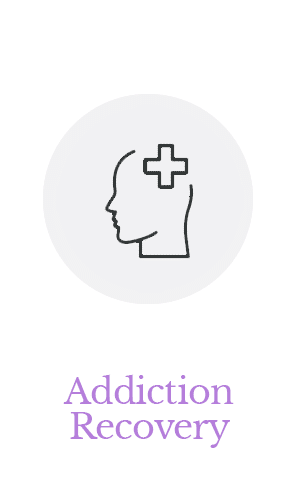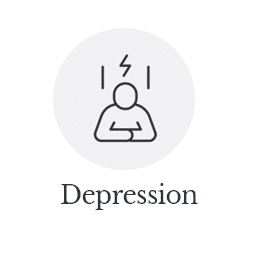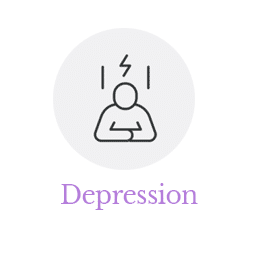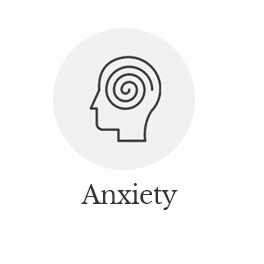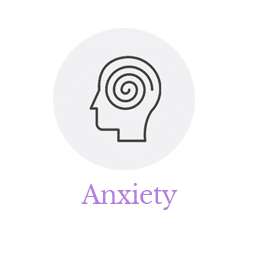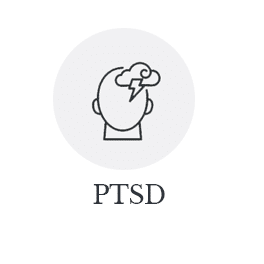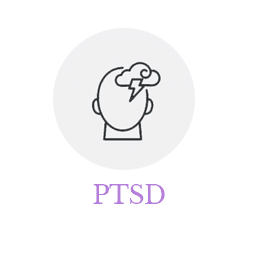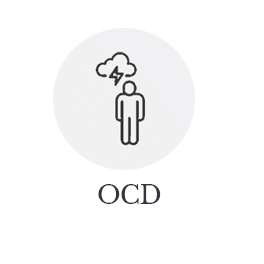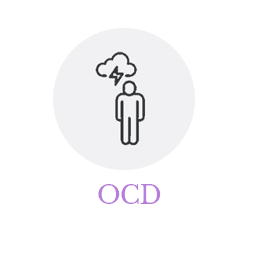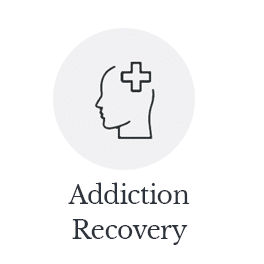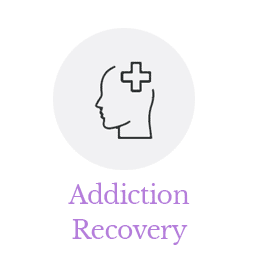Alcohol addiction isn’t just a bad habit—it’s a serious, life-threatening disease. Every year, it claims over 140,000 lives in the U.S., tearing apart families and cutting lives short. Many people with alcohol addiction also battle depression, trapping them in a tough cycle that’s hard to break.
But there’s hope. TMS therapy is an exciting new option for treating alcohol addiction—especially for those who want a non-medication approach. TMS (Transcranial Magnetic Stimulation) is non-invasive, doesn’t need meds or sedation, and requires no hospital stay. If rehab or antidepressants haven’t worked, TMS could be the breakthrough you need.
What Is TMS Therapy and How Does It Work?
TMS therapy is a safe, non-invasive treatment that uses gentle magnetic pulses to stimulate specific areas of the brain linked to addiction and depression—especially the prefrontal cortex, which affects mood, self-control, and decision-making. For people struggling with substance use, this part of the brain often works less efficiently. TMS helps “wake up” these brain regions to:
- Reduce alcohol cravings
- Improve mood and emotional control
- Restore healthy brain patterns disrupted by addiction
How TMS Differs from Traditional Treatments
Most addiction treatments rely on counseling, support groups, or medication. While these help many people, they don’t work for everyone and medications can bring side effects or risk of dependence. That’s why many are turning to drug-free options like TMS.
TMS is different: it’s drug-free, non-invasive, and requires no downtime. Sessions last about 20 minutes, five days a week, for 4–6 weeks. There’s no need for anesthesia, and you can drive yourself home after each visit.
The Link Between Alcohol Addiction and Depression
Depression and alcohol addiction often go hand in hand—about one in three people with alcohol use disorder also struggle with major depression. Each condition can make the other worse, creating a tough cycle to break, especially if only one is treated.
How TMS Can Help
TMS stands out because it targets both depression and alcohol cravings at the same time. FDA-approved for depression, TMS also shows promise in reducing the urge to drink. By gently stimulating areas of the brain that control mood and impulses, TMS offers hope for better mental health and fewer cravings.
How TMS Can Help
TMS stands out because it targets both depression and alcohol cravings at the same time. FDA-approved for depression, TMS also shows promise in reducing the urge to drink. By gently stimulating areas of the brain that control mood and impulses, TMS offers hope for better mental health and fewer cravings.
Real Results: What the Research Shows
TMS therapy is making a real difference for people struggling with alcohol addiction. Studies show that:
- A 2019 clinical trial found that TMS significantly reduced heavy drinking days.
- A 2020 study showed patients were more likely to stay sober with TMS than with standard therapy.
- Other research suggests TMS helps improve mood, self-control, and brain function—areas often harmed by long-term alcohol use.
Safe and Non-Invasive
TMS is safe and non-invasive. Common side effects are mild, like slight scalp discomfort or a light headache, and they usually fade after a few sessions. There’s no sedation, no hospital stay, and no risk of addiction—making TMS a gentle alternative to traditional rehab medications.
TMS may be a good option if:
- Medications haven’t worked for you
- You want a drug-free recovery
- You have both alcohol addiction and depression
- You’ve relapsed after traditional rehab
- You’re a veteran or professional needing a less disruptive treatment
If you’re in the Inland Empire, call us for a free consultation to see if TMS is right for you.

